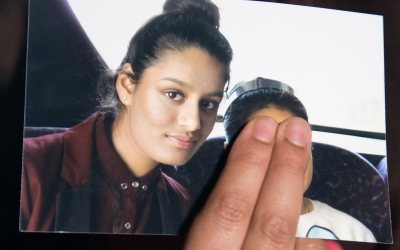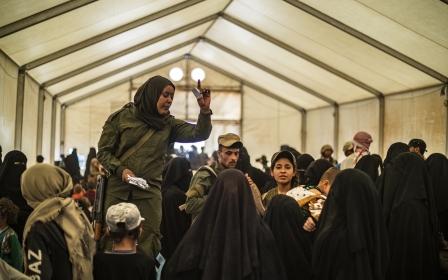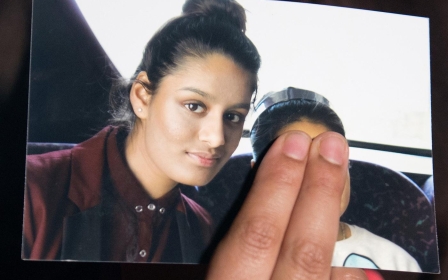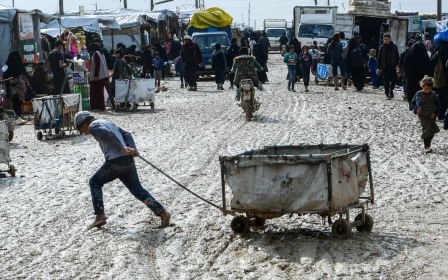Syria Kurds repatriate 14 French and Dutch orphans from IS families
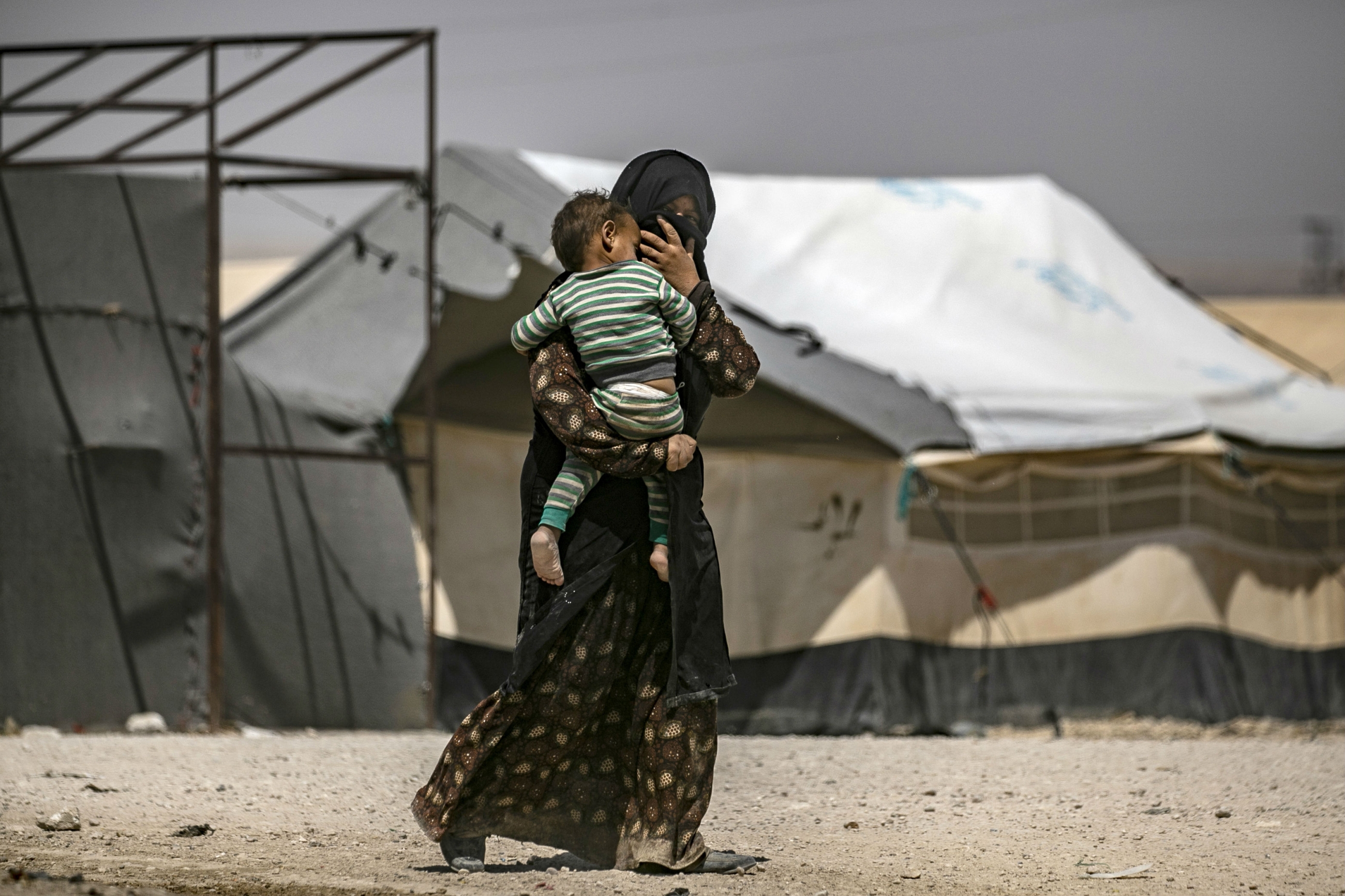
France and the Netherlands have taken custody of 14 French and Dutch orphans of Islamic State (IS) fighters in northeast Syria, an official in the Kurdish-led administration there said on Monday.
Authorities in northeast Syria have been urging Western countries to take back citizens who joined IS and their relatives after the US-backed Syrian Democratic Forces (SDF) captured the group's last enclave earlier this year.
Abdulkarim Omar, co-chair of the foreign relations committee of the administration that runs the northeastern quarter of Syria held by the SDF, said it had handed over the children to foreign ministry delegations from France and the Netherlands.
France took back 12 orphaned French children from IS families and the Netherlands took back two Dutch orphans, he said in Tweets.
Last week, the Kurdish-led authorities said they had repatriated two US women along with six children.
Few countries have yet seemed willing to take back their citizens, who may be hard to prosecute.
The Kurdish-led administration and the SDF have said they cannot indefinitely hold thousands of foreigners, but no clear international policy has emerged over how to handle the issue.
Many of the relatives of captured IS fighters are located in al-Hol, a camp for displaced people where aid agencies have warned of dire humanitarian conditions.
Stripped of citizenship
Earlier this year, British Home Secretary Sajid Javid stripped Shamima Begum, a British teenager who left the UK to join IS in 2015 and who was living in al-Hol, of her citizenship.
Her case has led to serious criticism of the UK government, which has been accused of rendering Begum stateless and abandoning her and her young child, who died just three weeks after being born in the camp.
Under British and international law, it is illegal to make an individual stateless.
Britain, however, can make its citizens stateless if they have dual nationality.
Critics of the move claim that Javid made the decision to revoke Begum's citizenship because she would be eligible for Bangladeshi citizenship because of her parents' heritage.
The Bangladesh government has rejected the UK claim that she is a Bangladesh citizen.
'Frankly surprised'
On Sunday, one of Britain's most senior judges questioned Javid's decision to revoke Begum of her British citizenship.
Jonathan Sumption, who retired as a justice of the Supreme Court in December, indicated that the Home Secretary may have broken international law with his actions.
Speaking on the BBC's Reith Lecture, Lord Sumption said: "I am frankly surprised at the suggestion that she can be regarded as the citizen of a country with which she has never had anything to do [with], but that is the government's position and I have no doubt it will be tested in the courts in due course."
Asked if the removal of citizenship also meant a person lost their standing under human rights, Lord Sumption said: "What they lose is their citizenship. That doesn't necessarily deprive them of their standing when it comes to human rights.
"I have no problem with the notion of depriving people of their citizenship who have gone abroad to fight in foreign wars save this.
"It's an established principle of international law that you cannot deprive somebody of his or her citizenship if the result would be to render them stateless.
"And whatever they may have done in Syria or anywhere else, that rule has always been applied and will no doubt be applied in this case."
Two independent legal challenges have been launched in response to Javid's decision to revoke Begum of her citizenship.
Middle East Eye delivers independent and unrivalled coverage and analysis of the Middle East, North Africa and beyond. To learn more about republishing this content and the associated fees, please fill out this form. More about MEE can be found here.



